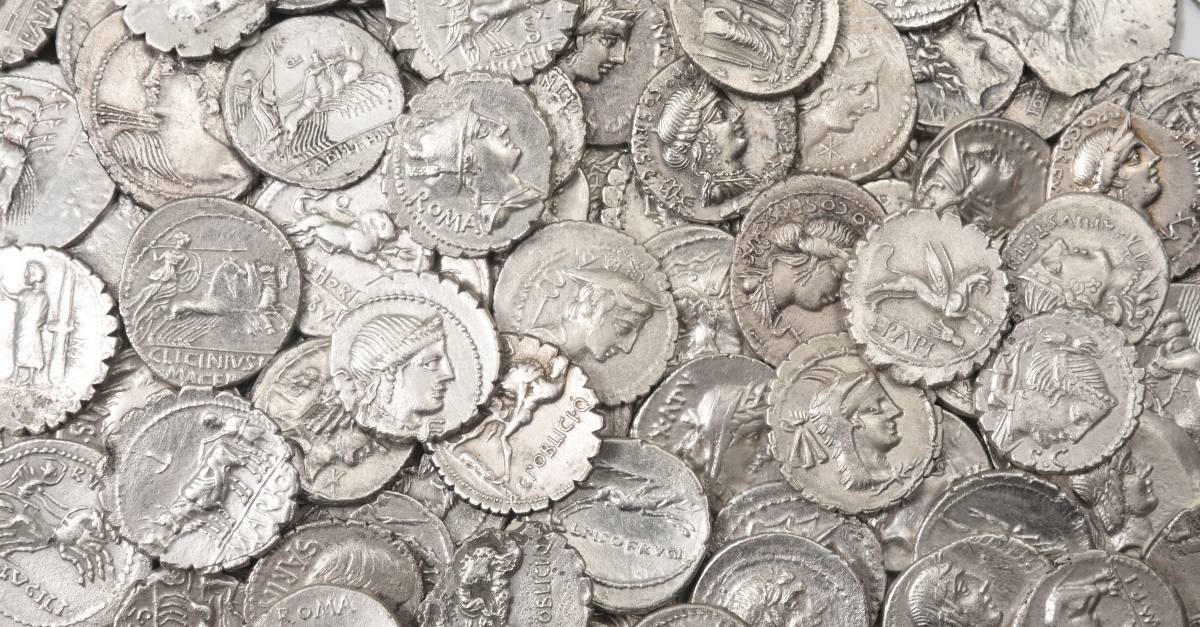I wonder if a tithe is generously given during times of plenty similar to after yosef stored up treasure during a famine of 7 yrs.?
Likened to how an individusl offering from a certain women was praised by yeshua/jesus for her offering that out-weighed many others.
Blessings Always
7 yrs
Luke 20
[ Then came to him certain of the Sadducees, which deny that there is any resurrection; and they asked him,
28 Saying, Master, Moses wrote unto us, If any man's brother die, having a wife, and he die without children, that his brother should take his wife, and raise up seed unto his brother.
29 There were therefore seven brethren: and the first took a wife, and died without children. ]
Luke 21
[ And he looked up, and saw the rich men casting their gifts into the treasury.
2 And he saw also a certain poor widow casting in thither two mites.
3 And he said, Of a truth I say unto you, that this poor widow hath cast in more than they all:
4 For all these have of their abundance cast in unto the offerings of God: but she of her penury hath cast in all the living that she had.]


